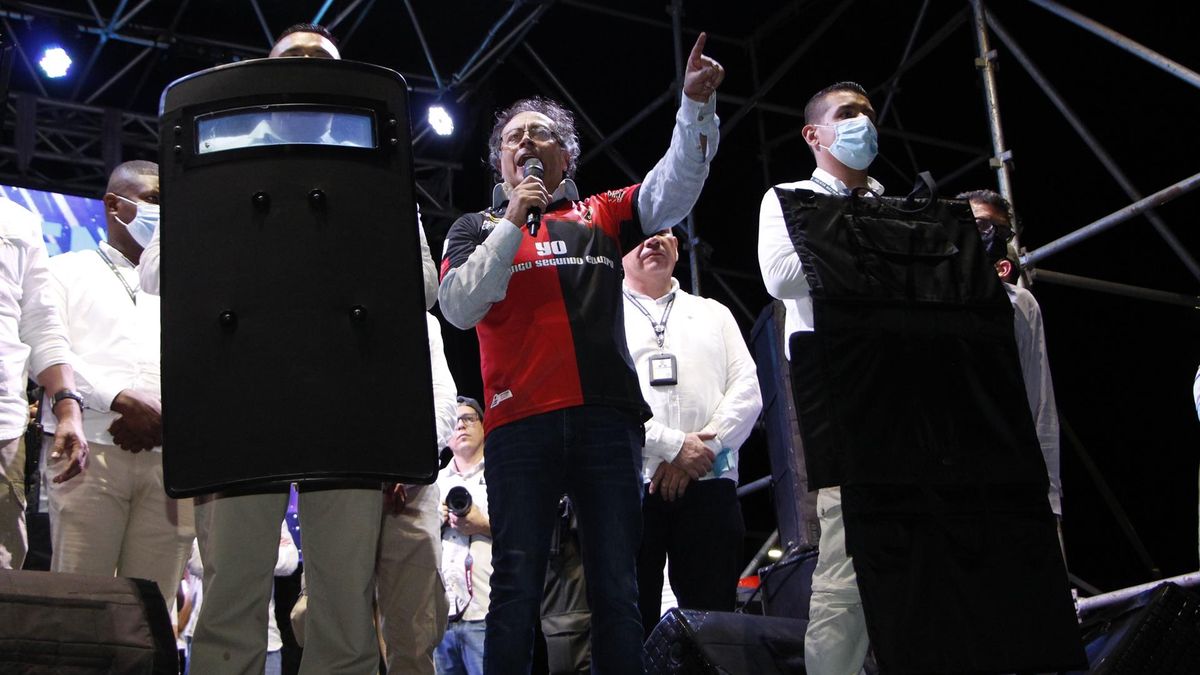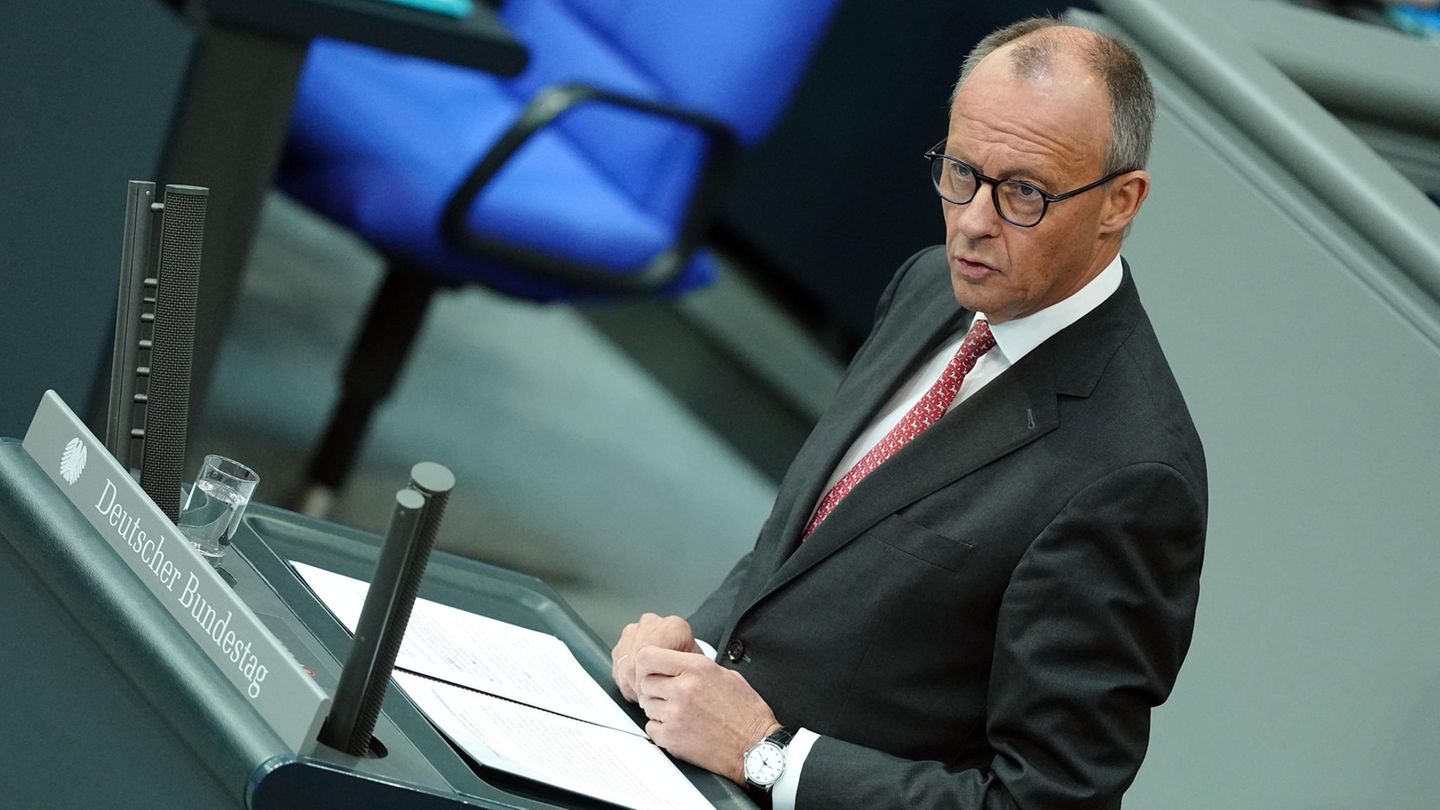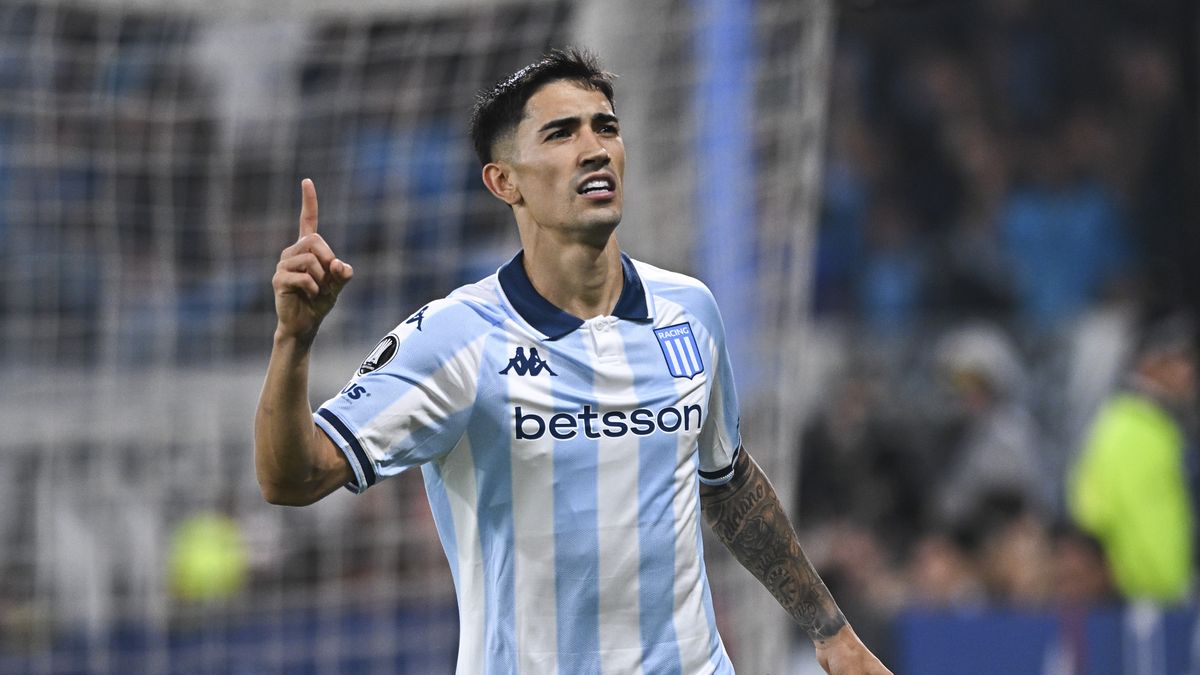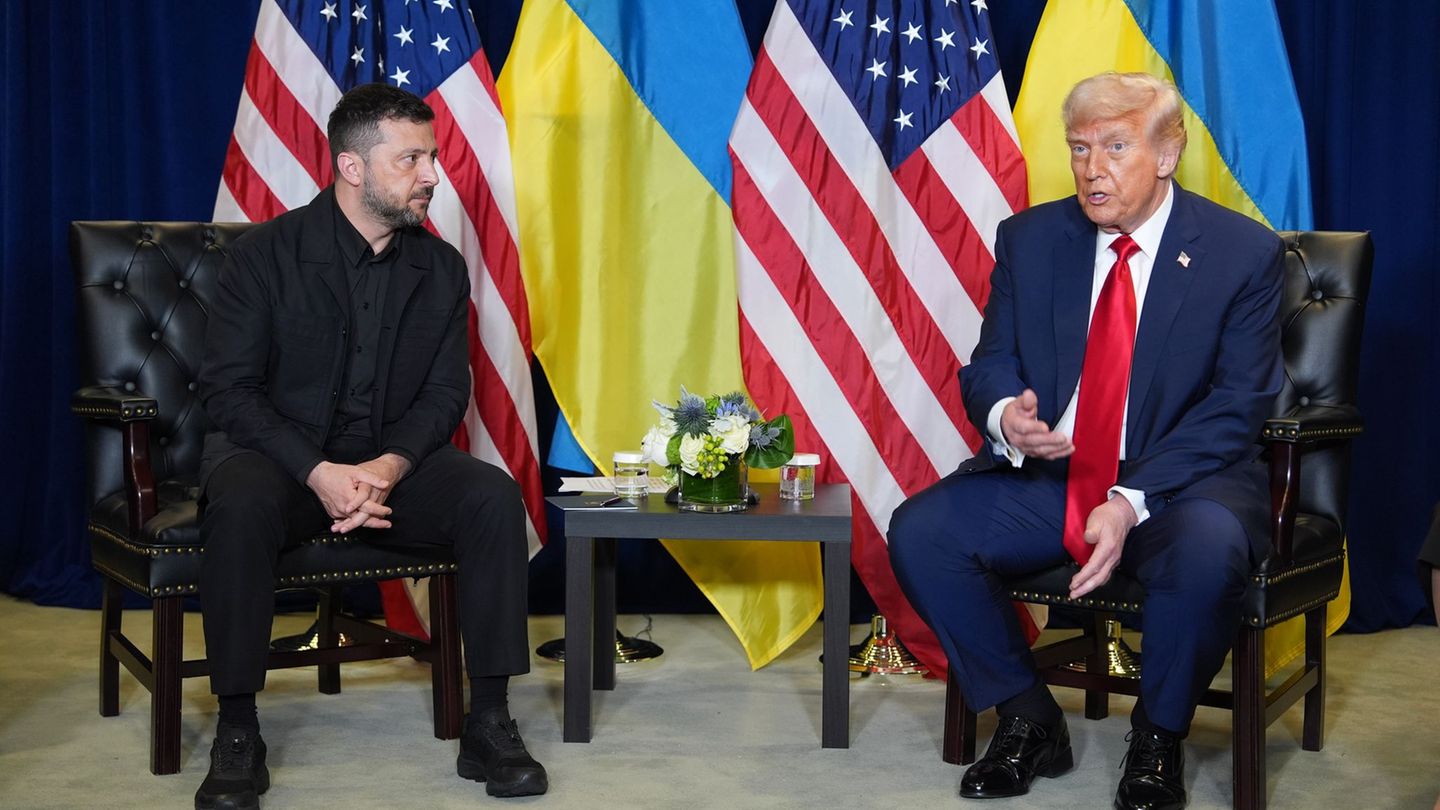https://twitter.com/petrogustavo/status/1529914743703719937
Petro will face six other candidates on Sunday, among which the center-right stands out Federico Gutierrez and the independent Rodolfo Hernandezto define who will be the replacement of the right-wing president Ivan Duke.
The candidate of Historical Pact he is the favorite in all the polls and the strong possibility that he will win worries many, in a traditionally conservative country and historically governed by right-wing or center-right leaders.
Known for his impassioned speeches in Congress against corruption and paramilitary groups, Gustavo Petro – an economist by profession – says his political awakening began in 1967 when he saw his father crying when he saw a photograph of the lifeless body of Argentine revolutionary Ernesto ‘Che ‘Guevara.
The politician also recalled that he was moved by the assassination of the socialist president of Chile Salvador Allende. It was then that he undertook to fight against the ‘oligarchy’ which, according to him, enriched itself at the expense of the poor excluded from decisions, wealth and progress.
His plans to change Colombia’s economic model by raising taxes on the owners of large tracts of unproductive land and moving away from economic dependence on oil and coal to make way for clean energy are scaring investors and businessmen.
In a recent intervention before thousands of followers he called coal and oil ‘poisons’ and compared them to cocaine for their harmful power.
the shadow of the past
Although he never fought, he is haunted by his years of militancy in the disappeared guerrilla group M-19, which stormed the Palace of Justice in downtown Bogotá in 1985, in an attack that left almost a hundred dead.
The violent past of the rebel group has become a ghost that Gustavo Petro carries on his back and is used by his opponents to attack him.
He was arrested in 1985 by the army for possession of weapons and spent 18 months in jail, during which he claims he was tortured by the military.
His election in 2011 as mayor of Bogotá, Colombia’s second-highest post after the presidency, was seen as proof that politics was the way forward for guerrilla movements like the FARC, which eventually demobilized in 2016 and formed a political party.
His eventual victory could ensure continuity in the implementation of the peace agreement that ended five decades of armed conflict with the Revolutionary Armed Forces of Colombia (FARC).
Gustavo Petro promises that the fourth economy in Latin America will be inclusive, with a public banking system that guarantees low-cost credit to small and medium-sized entrepreneurs, in addition to a free and universal system of access to tertiary education.
But making those proposals a reality would be difficult with a weak economy, with a new generation of illegal armed groups dedicated to drug trafficking and thousands of Venezuelan immigrants seeking work, health and education.
Critics say his ideas are similar to those of the late Venezuelan socialist leader Hugo Chavez. Petro denies that his proposals include expropriation.
And although for the first time in history the left won around 50 of the 295 seats in the Senate and in the House of Representatives, it would be difficult for him to promote reforms through Congress, although he says he will seek alliances with the center, the left and minority movements.
Petro, who aspires to the presidency for the third time, denies being a populist as his critics point out and says that he only seeks to build pillars that allow him to live in peace.
Threats of death
Gustavo Petro carried out the final stretch of his electoral campaign under the shadow of a threat of assassination, which he first blamed on the criminal gang The range and then to a businessman with contacts with the campaign of his biggest rival, Federico Gutiérrez.
The credibility of the threat led him to suspend a tour of the Coffee Axis of Colombia and, almost a week later, resumed public acts in Cartagenawearing a bulletproof vest and surrounded by six guards with bulletproof shields.
Duque’s government has been heavily criticized for consistently underestimating the threats in a country with a sad history of assassinated presidential candidates: five in the 20th century, most of them liberal.
Source: Ambito
David William is a talented author who has made a name for himself in the world of writing. He is a professional author who writes on a wide range of topics, from general interest to opinion news. David is currently working as a writer at 24 hours worlds where he brings his unique perspective and in-depth research to his articles, making them both informative and engaging.




